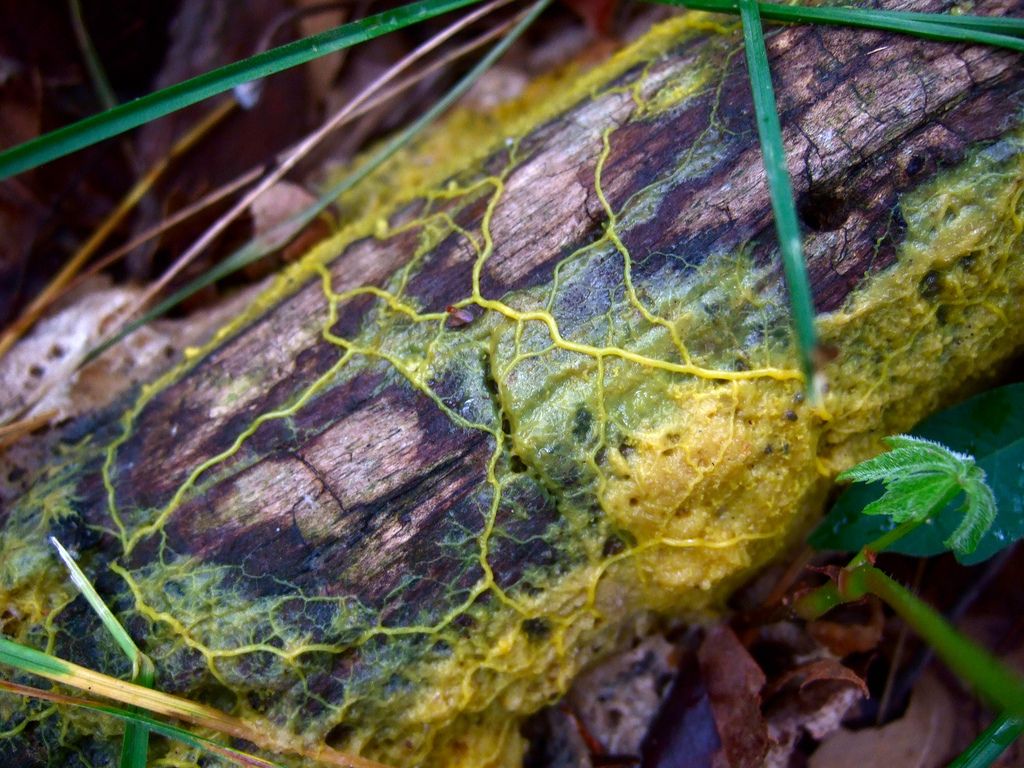How do organisms without brains make decisions? Most of life is brainless and the vast majority of organisms on Earth lack neurons altogether. Plants, fungi and bacteria must all cope with the same problem as humans — to make the best choices in a complex and ever-changing world or risk dying — without the help of a simple nervous system in many cases.
A team of researchers from New Jersey Institute of Technology (NJIT), the University of Sydney, the University of Sheffield and the University of Leeds recently studied this problem in the unicellular slime mold, Physarum polycephalum, a single-cell organism that can grow to several square meters in size. This giant cell, which typically lives in shady, cool and moist areas of temperate forests, spreads out to search its environment like an amoeba, extending oozy tendrils along the forest floor in search of its prey of fungi, bacteria and decaying vegetable matter.
Neither plant, animal nor fungus, P. polycephalum has become an unlikely candidate for studies of cognition, due to its spectacular problem-solving abilities. In recent studies, Physarum has been shown to solve labyrinth mazes, make complicated trade-offs, anticipate periodic events, remember where it has been, construct transport networks that have similar efficiency to those designed by human engineers and even make irrational decisions — a capability that has long been viewed as a by-product of brain circuitry.
